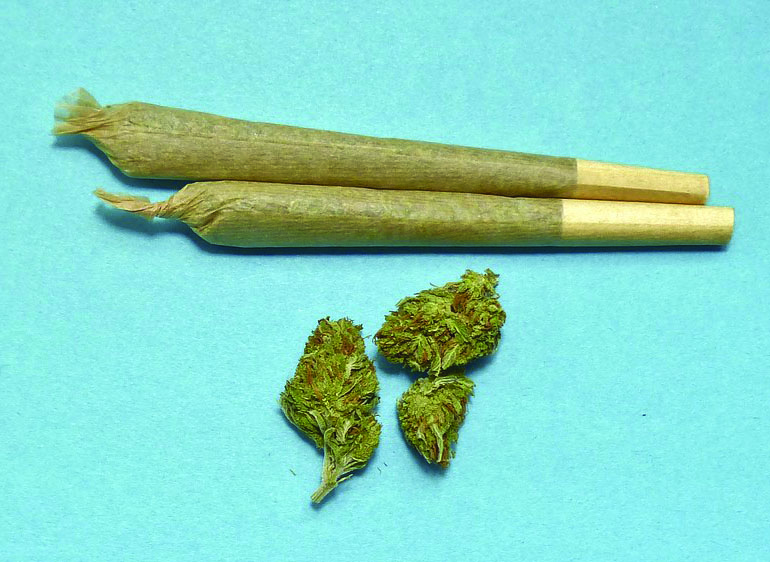Sajila Nudrat | Health Editor
Featured Image: Now that marijuana is legal, both its positive and negative effects should be known. | Courtesy of Pixabay
Today’s the day many young Canadians have been waiting for since Justin Trudeau’s Liberal government came into power in 2015. As of October 17, Canada has officially not only decriminalized the recreational use of marijuana, but legalized it. Essentially, not only can individuals use the product without the fear of retribution, but they can also delve into the production and sale of cannabis.
For some, this legislation has made them exuberant, while others may be exercising caution as to what that may mean for our nation. Canada has become the second country after Uruguay to legalize the plant. The Cannabis Act (Bill C-45) is the law that allows Canadians over the age of 18 to purchase and use cannabis. Individuals of the legal age will be allowed to purchase fresh or dried cannabis, cannabis oil, plants and seeds. They will be able to possess up to 30 grams of cannabis in public, and will be allowed to grow a maximum of four plants in one household. However, they are unable to transport cannabis over international borders. In the province of Ontario, marijuana can be smoked anywhere where it is legal to smoke cigarettes, with the exception of vehicles.
Despite everything that’s been established, there is still a lot that needs to be understood when it comes to cannabis. However, before anyone gets into that, marijuana use itself needs to be discussed. Any type of smoke, whether it be from cigarettes or cannabis, is bad for an individual’s lungs. Increased risks to lung health can lead to bronchitis, lung infections, and/or chronic cough.
There are obvious health detriments associated with cannabis use. According to the Canadian government, some short-term effects on the brain caused by cannabis include: fatigue, impaired ability to remember or concentrate, delayed reactions, anxiety, and fear or panic. It can also cause psychotic episodes like paranoia, hallucinations and delusions.
Long-term cannabis use, especially from an early age, can affect the development of the brain, lower IQ, and contribute to an increased risk of addiction and hinder judgement and decision-making.
According to a study done by Montreal’s Ste-Justine Hospital, even infrequent cannabis usage by teenagers can affect their cognitive abilities. The research shows that cannabis use has a more profound effect on primary cognitive functions than alcohol. Both alcohol and cannabis use have been associated with changes in memory, learning abilities, attention span, and academic performance. Research has found that teenagers using cannabis are more prone to error in cognitive tests—while they were taking the drug, and after they had stopped. Cannabis use has even longer lasting effects on teenagers than alcohol. This is because the adolescent brain is still developing while cannabis interferes with that.
However, not all cannabis usage is detrimental. The number one argument in favour of marijuana use is for medicinal reasons. It can be used for a number of purposes, including the treatment of epileptic seizures, inflammatory bowel disease, Alzheimer’s disease, and cancer.
That does not mean marijuana is a preventive measure. Rather, it can be used to combat a number of diseases and infections.
Other than that, especially for recreational purposes, individuals should exercise caution when smoking the reefer.


